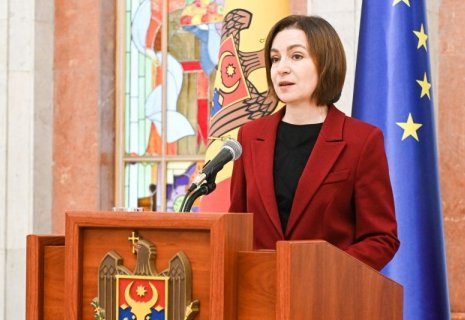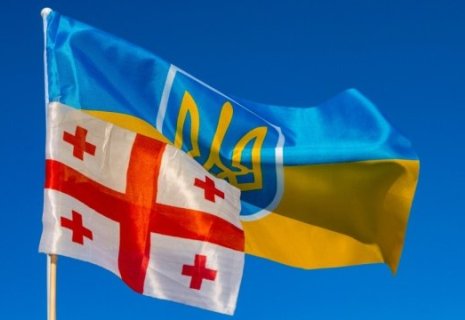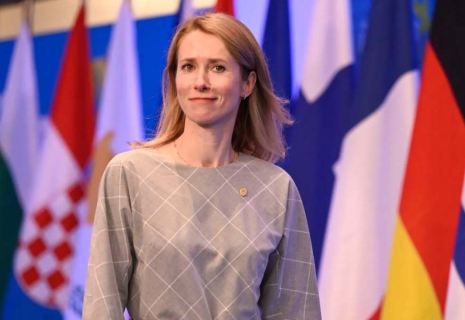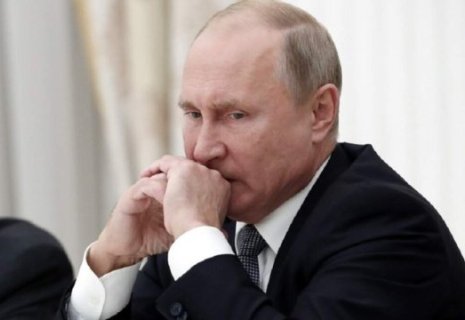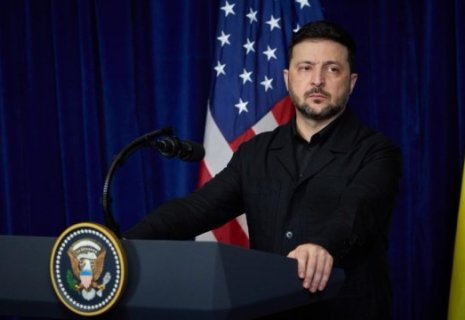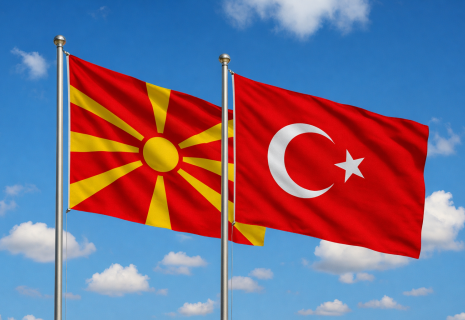
Serbian citizens still mostly against EU membership
The majority of Serbian citizens remain against membership in the European Union, but they believe that the EU is and should remain the country’s main economic partner, according to the latest research titled "Citizens’ Attitudes on Foreign Policy."
Most Serbian citizens — 52 percent — would definitely or probably vote against EU membership in a referendum, while 39 percent would definitely or probably vote in favor, said Dimitrije Milić from Lidington Research in Belgrade during the presentation of the survey results, CE Report quotes FENA.
“There is a noticeable slight decline in support for the EU. Support is somewhat higher among national minorities, in Belgrade, among the highly educated, and in Vojvodina,” he said, according to the Beta news agency.
On the other hand, regarding BRICS membership, 59 percent of respondents would vote in favor of joining the association.
Additionally, 81 percent of Serbian citizens are against joining NATO.
Citizens also believe that the United States is most responsible for the uncertain future of NIS (Naftna Industrija Srbije).
Milić noted that voters of the ruling coalition mostly blame the U.S., while opposition-oriented citizens place the blame on Serbia itself.
Respondents also believe that the return of Donald Trump to the presidency of the United States would improve relations with Serbia, although they do not see him as a leader capable of bringing a quick end to the war in Ukraine.
The largest share of Serbian citizens — 31 percent — said their standard of living is the same as it was at this time last year.
Aleksandra Joksimović, director of the Center for Foreign Policy and former Serbian ambassador to the United Kingdom, said that citizens approach politics emotionally but are more rational when it comes to the economy.
“We are facing a blockade in the European integration process, despite the EU narrative on prioritizing further enlargement. Two main issues dominate — the rule of law and common foreign and security policy. Additionally, we face a paradox where there is no political force on our scene actively advocating for European policies and continued integration,” she added.

